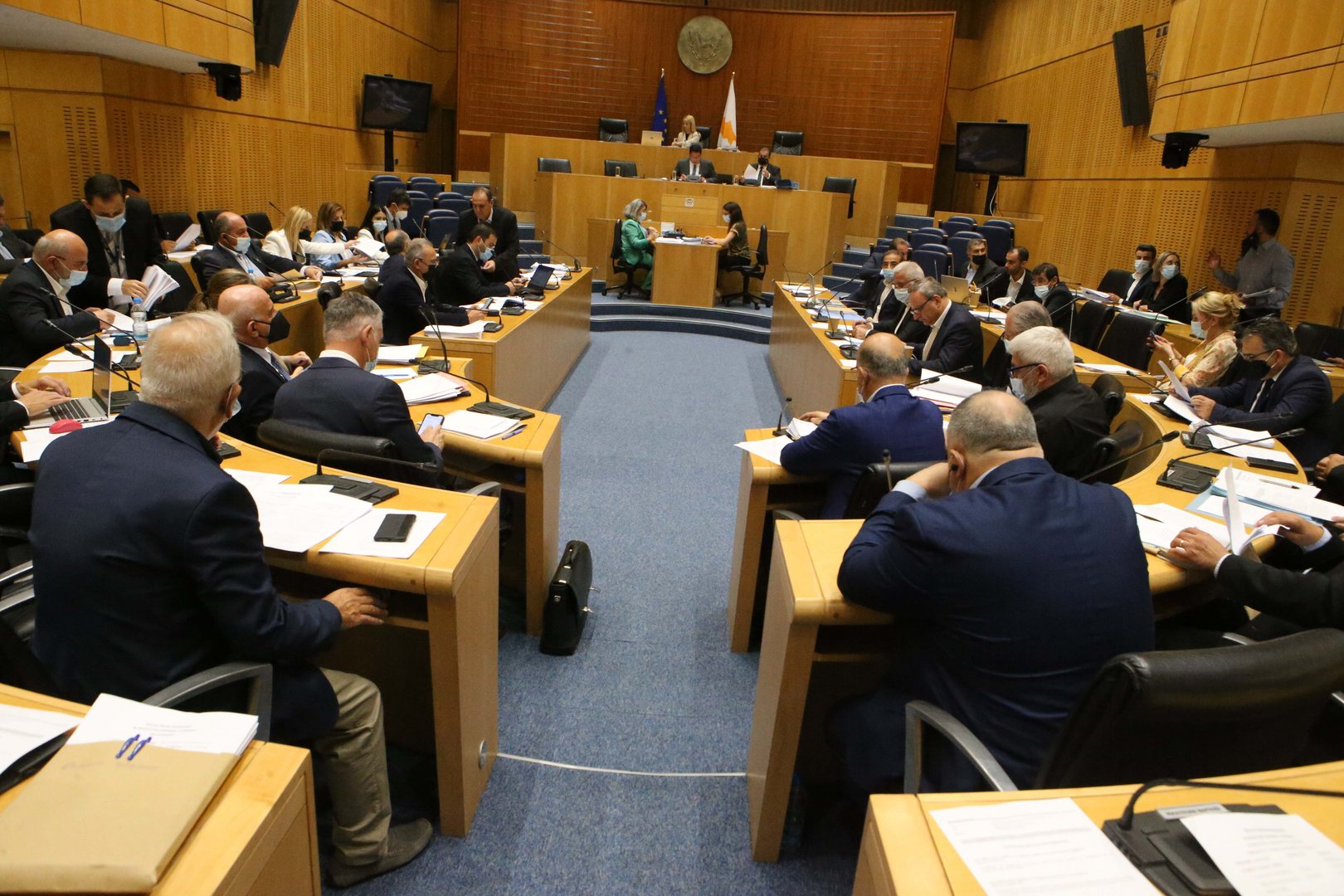When deputies from the House legal affairs committee meet today to pick up discussion on ‘fake news’ they will have their work cut out for them.
The discussion was shelved some time ago because there were reservations about definitions and regulations but parliament has apparently looked at what happens in other countries and is ready to move forward. This may be partly due to the fact that a couple of weeks ago House President Annita Demetriou reported to police that fake news was being spread on social media about a member of her family.
The allegation of criminal activity did not come from the media, but from a social media post, which raises the question of whether it could have been dealt with under defamation laws rather than becoming a criminal case. If the target had not been a politician, could an ordinary person go to the police with the same complaint and be taken seriously? A minister in the previous government sent police to investigate a social media account clearly labelled as ‘parody’. Again, could a member of the public have done the same?
This is why regulating fake news has become a minefield. It has become a catch-all phrase for anything someone else doesn’t like and laying down regulations to micromanage it will be extremely difficult. In the past, when there were just newspapers, TV and radio, false content was dealt with under defamation laws, not criminal investigations.
Deputies will now be discussing regulating the criminalisation of acts involving electronic communications over a public network. Threatening phone calls are already a criminal matter. So is harassment. After that, the whole thing gets a bit murky in the definitions because something that is perceived offensive to one person may not appear offensive to another. A perfectly legitimate rant about a politician whose policies we don’t like could be seen as offensive to them.
The EU has been trying to define ‘fake news’ though it avoids using the term. The definitions have been described by legal experts as too broad and too vague ‘to function as a legal definition’. They have boiled it down to ‘misinformation’, ‘disinformation’ and ‘mal-information’. The first is sharing false information unwittingly without intending harm. The second is deliberately sharing false information with the intent to harm, or for financial gain.
The troubling one is ‘mal-information’ where genuine content is shared ‘to cause harm’ by moving information designed to stay private into the public sphere. This could describe most newspaper scoops, and how do you prove that spreading the truth was intended to cause harm? In all three definitions, there is no onus on authorities to prove that harm has been caused for action to be taken.
In 2020 the UN special rapporteur on freedom of expression described disinformation as an “extraordinarily elusive concept to define in law” and could provide executive authorities “with excessive discretion to determine what is disinformation, what is a mistake, what is truth.”
Under these circumstances, it is extremely important that the new law being discussed in parliament is given the thought it merits because a rushed job could create more problems than it solves.







Click here to change your cookie preferences